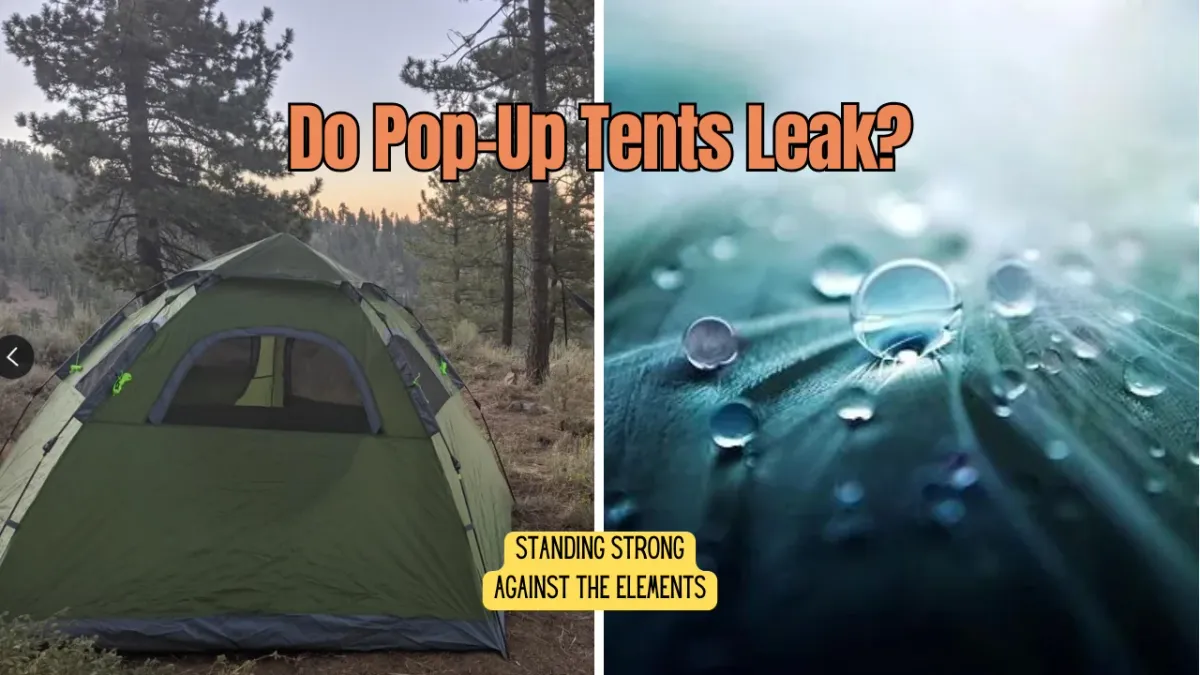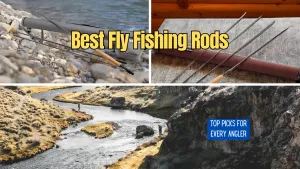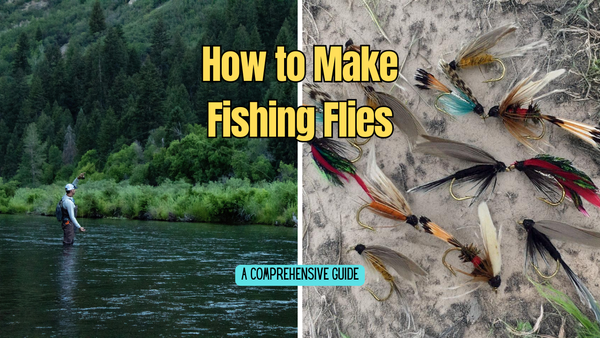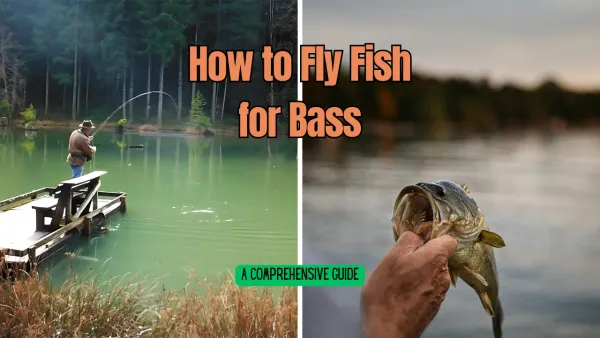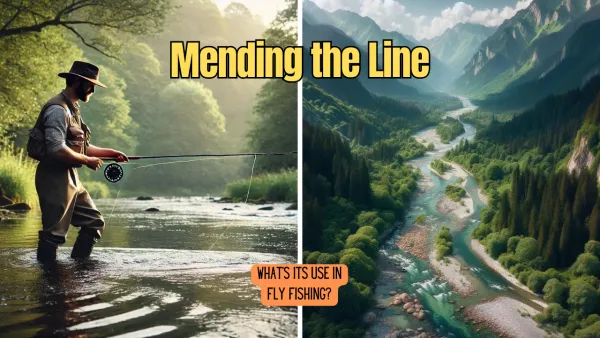When planning a camping trip, one of the essential pieces of equipment you'll need is a reliable tent. Pop-up camping tents are known for their convenience and ease of setup, but how do they fare when the wind picks up? In this article, we'll explore the performance of pop-up camping tents in windy conditions and provide you with all the information you need to make an informed decision.
Key Takeaways:
- Understanding the design and features of pop-up tents that affect their wind resistance.
- Tips on how to secure pop-up tents in windy conditions.
- Alternatives to pop-up tents for camping in areas with high wind potential.
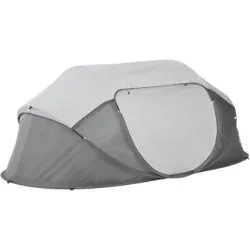
The Design of Pop-Up Tents and Wind Resistance
Most pop-up tents are designed with convenience in mind. They are easily transported due to their lightweight and compact nature. However, this same lightweight design can be a disadvantage in windy conditions. The tent weight plays a crucial role in how much wind a tent can withstand before it becomes unstable or even airborne.
Pop-up tents typically have a flexible frame that can absorb some wind force, but they may not hold up against strong gusts. The aerodynamics of the tent's shape also contribute to its stability. Domes and geodesic designs tend to fare better in the wind due to their ability to deflect wind and reduce resistance.

Securing Your Pop-Up Tent in Windy Conditions
Even the most pop-up tents can be vulnerable to wind if not properly secured. Tent stakes are your first line of defense. It's essential to use heavy-duty stakes and to drive them at an angle into the ground for maximum grip. Guy lines are also crucial; they add stability by anchoring the tent to the ground at strategic points.
In addition to using the right tent stakes and guy lines, choosing a sheltered campsite can make a significant difference. Look for natural windbreaks like trees or hills, but be cautious of potential hazards like falling branches.
When Wind Becomes Too Much
How much wind can a pop-up tent realistically withstand? This depends on the tent's design and the quality of the materials used. Manufacturers often provide a wind rating, but it's important to take these with a grain of salt. Field conditions can vary greatly, and it's always better to err on the side of caution.
If you're expecting particularly windy conditions, it might be worth considering a tent with a higher wind rating or a different type of camping gear altogether. Traditional tents with a more robust pole structure or mountaineering tents designed for extreme conditions could be more suitable.
Enhancing Stability with the Right Camping Gear
Aside from the tent itself, other camping gear can help enhance stability in windy conditions. Weight bags filled with sand or rocks can add extra weight to the tent's base. Additionally, using a tarp as a windbreak can shield your tent from direct gusts.
Remember that the overall setup of your campsite can influence how wind affects your tent. Positioning cooking areas, vehicles, and other gear strategically can create a more wind-resistant environment.
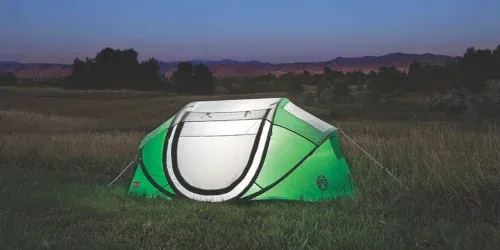
Pop-Up Tents vs. Traditional Tents in Wind
When comparing pop-up tents to traditional tents, it's clear that traditional tents often have the upper hand in windy conditions. They usually have a more complex pole structure and are made with heavier materials, which contribute to their stability.
However, traditional tents lack the convenience of a quick setup. For many campers, the trade-off between ease of use and wind resistance is a deciding factor. If you prioritize convenience and plan to camp in areas with mild winds, a pop-up tent might still be the right choice.
The Role of Tent Weight in Windy Conditions
Tent weight is a double-edged sword. While a heavier tent can provide more resistance to wind, it can also be a burden to transport, especially for backpackers or those with limited carrying capacity. Finding a balance between weight and wind resistance is key.
Some pop-up tents offer a compromise with slightly heavier materials that provide better wind resistance while still being relatively easy to carry. These might be a good option for those who need a balance of portability and stability.
Preparing for the Unexpected
Camping often involves dealing with unpredictable weather, and windy conditions can arise unexpectedly. It's important to always be prepared by knowing how to quickly secure your tent and protect your camping gear.
Regular maintenance of your tent, such as checking for wear and tear, ensuring that all stakes and guy lines are in good condition, and practicing setting up your tent in various conditions, can make all the difference when the wind picks up.
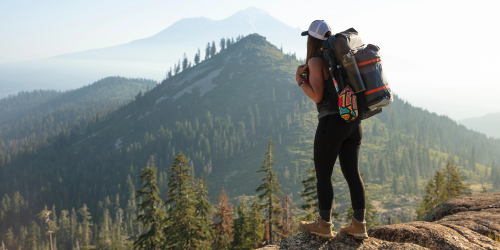
Summary
Pop-up camping tents offer convenience and ease of setup, but their lightweight design can be a disadvantage in windy conditions. To ensure stability, it's important to use heavy-duty tent stakes, guy lines, and to choose a sheltered campsite. For extreme wind, consider a tent with a higher wind rating or a different type of camping gear. Always be prepared for unexpected weather changes and maintain your equipment regularly.
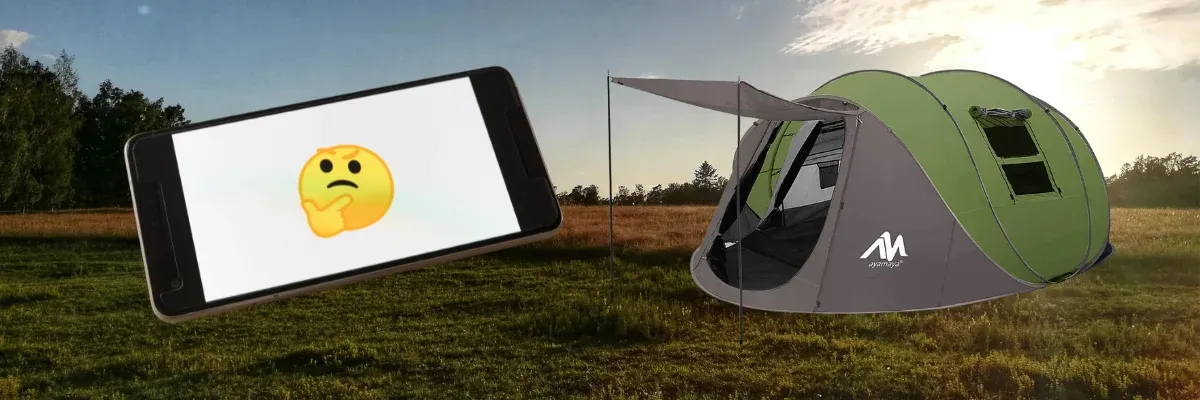
FAQs
Can pop-up tents withstand strong winds?
Pop-up tents can withstand mild to moderate winds if properly secured with heavy-duty stakes and guy lines. However, they may not be suitable for strong winds due to their lightweight design.
How can I make my pop-up tent more wind-resistant?
Use heavy-duty stakes and guy lines, add weight bags to the base, choose a sheltered campsite, and use a tarp as a windbreak to enhance your tent's wind resistance.
Are traditional tents better than pop-up tents for windy conditions?
Traditional tents often have a more robust pole structure and heavier materials, making them more stable in windy conditions. However, they lack the convenience of a quick setup that pop-up tents offer.
What about rain?
